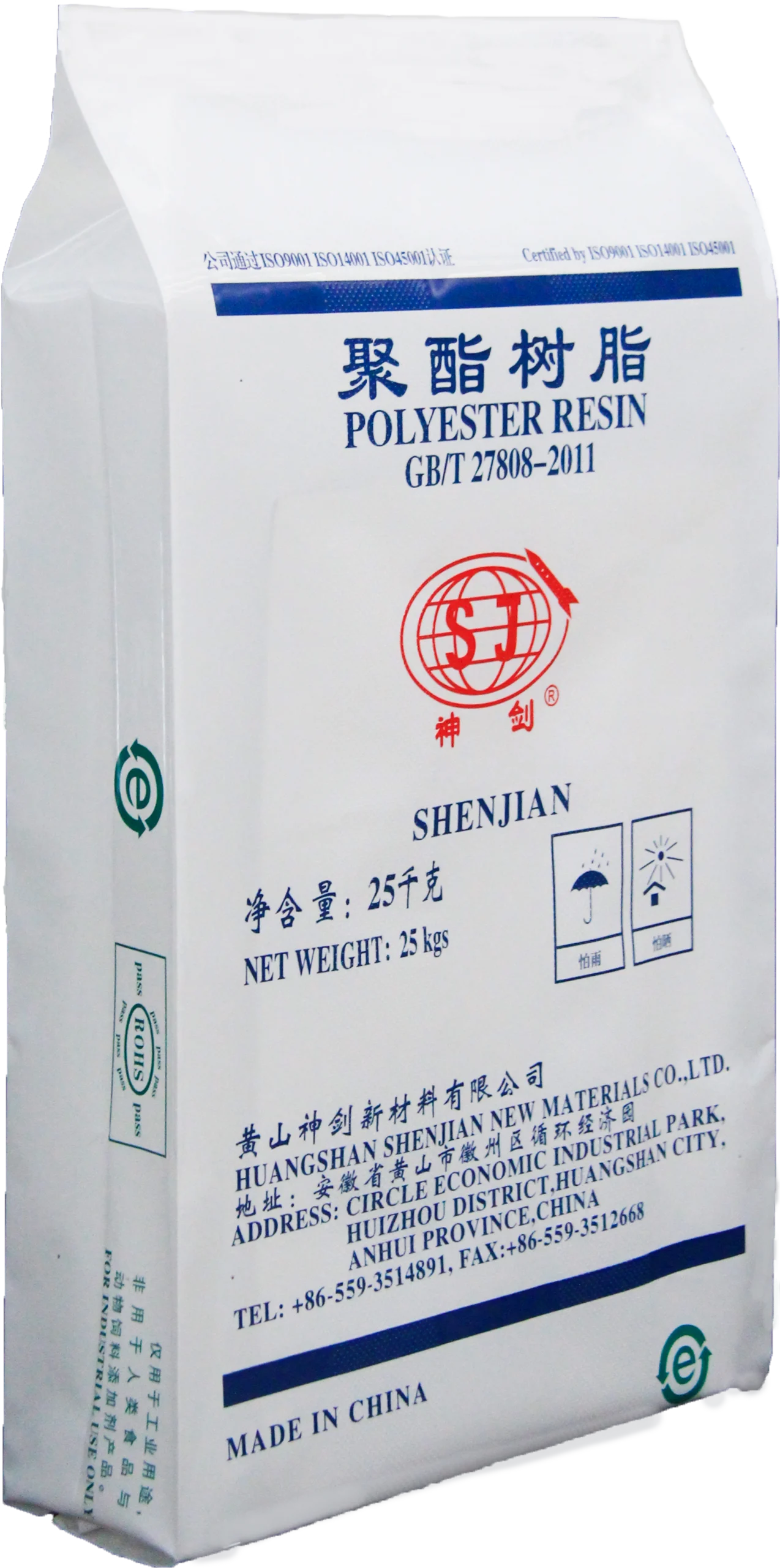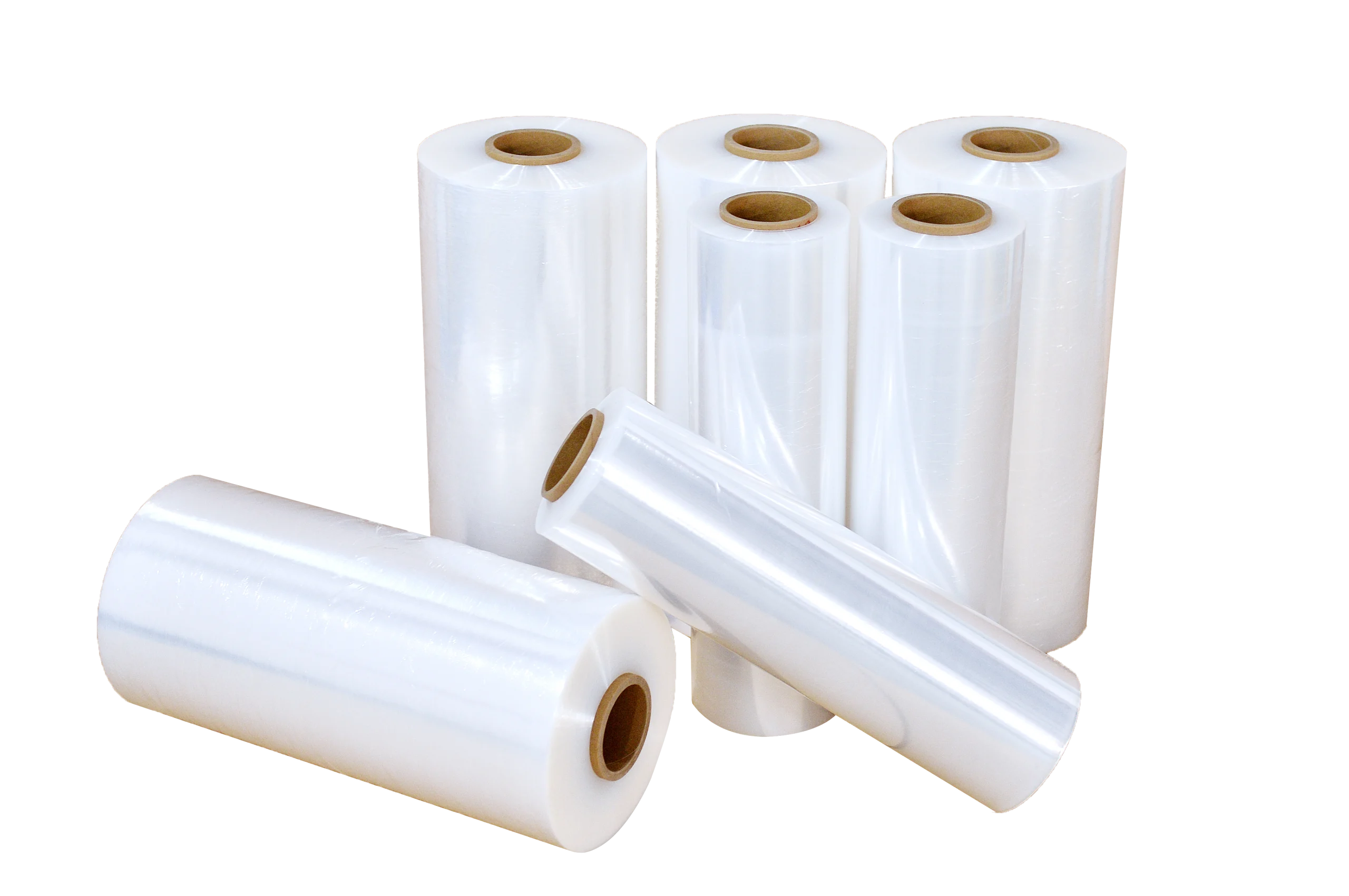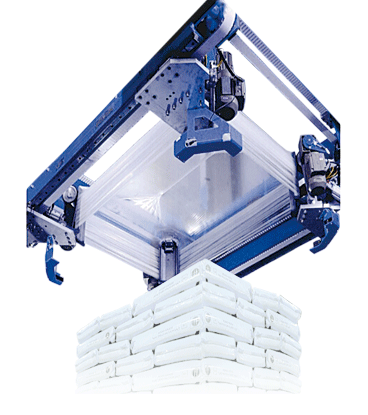

2024-10-22
Author Introduction:
Hey there, I’m part of the Yuandian brand, an industrial packaging factory and manufacturer. At Yuandian, we’re all about crafting top-notch packaging solutions that meet global standards.
With years of industry experience under our belt, we’ve become authorities in the field of industrial packaging. Our focus? Delivering quality, ensuring customer satisfaction, and creating value in everything we do. From cutting-edge Nano stretch films to specialized FFS packaging bags and more, we integrate state-of-the-art technology and decades of expertise from Yongjia Group China. At Yuandian, we’re not just packaging products – we’re shaping the future of industrial packaging solutions worldwide.

As pet ownership continues to rise globally, so does the demand for pet food products. This booming market, however, comes with an environmental cost. The packaging used for pet food has traditionally been non-recyclable and made from materials that contribute to landfill waste and environmental pollution. In response to growing consumer awareness and demand for sustainability, the pet food industry is beginning to adopt more eco-friendly packaging solutions. This article explores the importance of sustainable pet food packaging, the materials and technologies involved, and the benefits of making this transition.
Table of Contents
Toggle
The production and disposal of traditional pet food packaging contribute significantly to environmental issues. Many conventional packages are made from plastics that take hundreds of years to decompose. In addition, the production of these materials involves energy-intensive processes that emit greenhouse gases. Sustainable packaging aims to reduce this environmental footprint by using materials that are biodegradable, recyclable, or compostable.
Today’s consumers are more environmentally conscious than ever. They actively seek products that align with their values, including sustainability. According to studies, a significant percentage of pet owners are willing to pay more for products that utilize eco-friendly packaging. This shift in consumer behavior urges companies to adopt sustainable practices to remain competitive in the market.
Governments and organizations worldwide are increasingly implementing regulations aimed at reducing plastic waste. By adopting sustainable packaging solutions, pet food manufacturers can not only comply with current regulations but also anticipate future legislation, thus avoiding potential penalties and enhancing their brand reputation.
Biodegradable plastics are made from renewable sources such as corn starch, sugarcane, or potato starch. These materials break down more easily in the environment compared to traditional plastics. For example, brands like Merrick are using plant-based packaging for their pet food products, allowing for a reduced environmental impact without sacrificing product quality.
Recyclable packaging materials, such as certain types of cardboard and paper, can be reused and processed to create new products. Many companies are transitioning to using recyclable materials for their pet food bags. For instance, Nature’s Logic utilizes recyclable paper bags for their products, promoting a circular economy.
Compostable packaging breaks down into organic matter under composting conditions. This type of packaging is particularly beneficial for pet food, as it minimizes waste and contributes to soil health. Brands like Bamboo & Co. have introduced compostable bags that decompose within months, helping to reduce landfill waste.
Another strategy for sustainable packaging is to minimize the amount of material used. This not only reduces waste but also lowers production costs and energy consumption. Brands can achieve this by designing lightweight packaging that still protects the product effectively.
Smart packaging technology includes the use of sensors that monitor the freshness of pet food. This can help reduce waste by alerting consumers when products are nearing their expiration dates, ensuring they are used while still fresh. Companies like PetFusion are exploring these technologies to enhance the user experience and promote sustainability.
Traditional printing methods often use solvent-based inks and adhesives that contain harmful chemicals. By switching to water-based inks and adhesives, pet food manufacturers can reduce their environmental impact and improve the recyclability of their packaging. This is an easy yet effective change that many companies are adopting.
Some brands are now utilizing upcycled materials, which are created from waste products that would otherwise be discarded. This approach not only reduces waste but also conserves resources. Companies like Woof Pack are using upcycled materials in their packaging, showcasing the potential of waste as a resource.
Consumers are more likely to remain loyal to brands that demonstrate a commitment to sustainability. By adopting eco-friendly packaging, pet food companies can foster brand loyalty and attract environmentally conscious consumers.
Although the initial investment in sustainable packaging may be higher, companies often experience long-term cost savings. Reduced material usage, lower shipping costs due to lightweight packaging, and potential tax incentives for sustainable practices can all contribute to a healthier bottom line.
By transitioning to sustainable packaging, companies contribute to the reduction of plastic waste and greenhouse gas emissions. This positive impact can resonate with consumers and create a sense of community around the brand.
In a competitive market, sustainable packaging can serve as a key differentiator. Brands that prioritize eco-friendly practices can set themselves apart from competitors and appeal to a growing demographic of environmentally aware consumers.
Sustainable pet food packaging represents a crucial step towards environmental responsibility in the pet food industry. As consumers demand more eco-friendly options, manufacturers are responding with innovative materials and technologies that minimize their environmental impact. By prioritizing sustainable packaging solutions, companies not only enhance their brand reputation and customer loyalty but also contribute to a healthier planet. As we move forward, it is essential for the pet food industry to continue embracing sustainability, paving the way for a brighter, greener future for pets and their owners alike.
More News

2025-03-27

2025-03-15
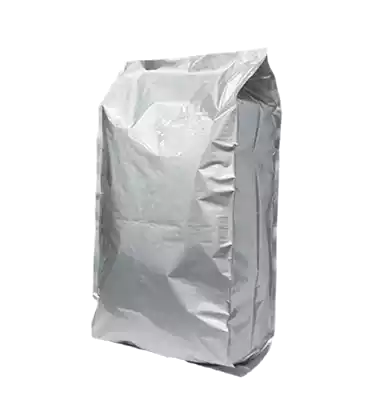
2025-03-05
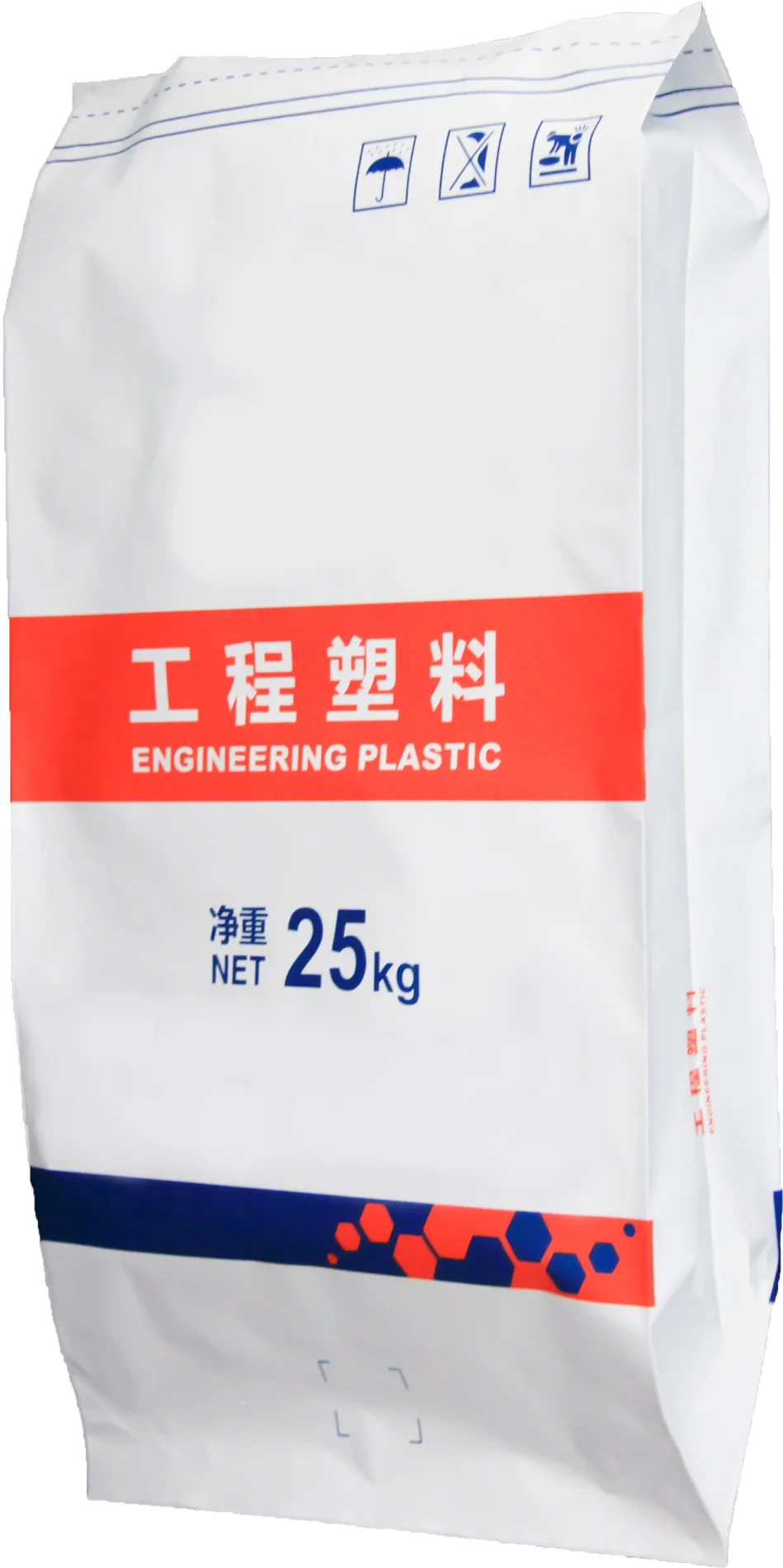
2025-02-21

2025-02-13
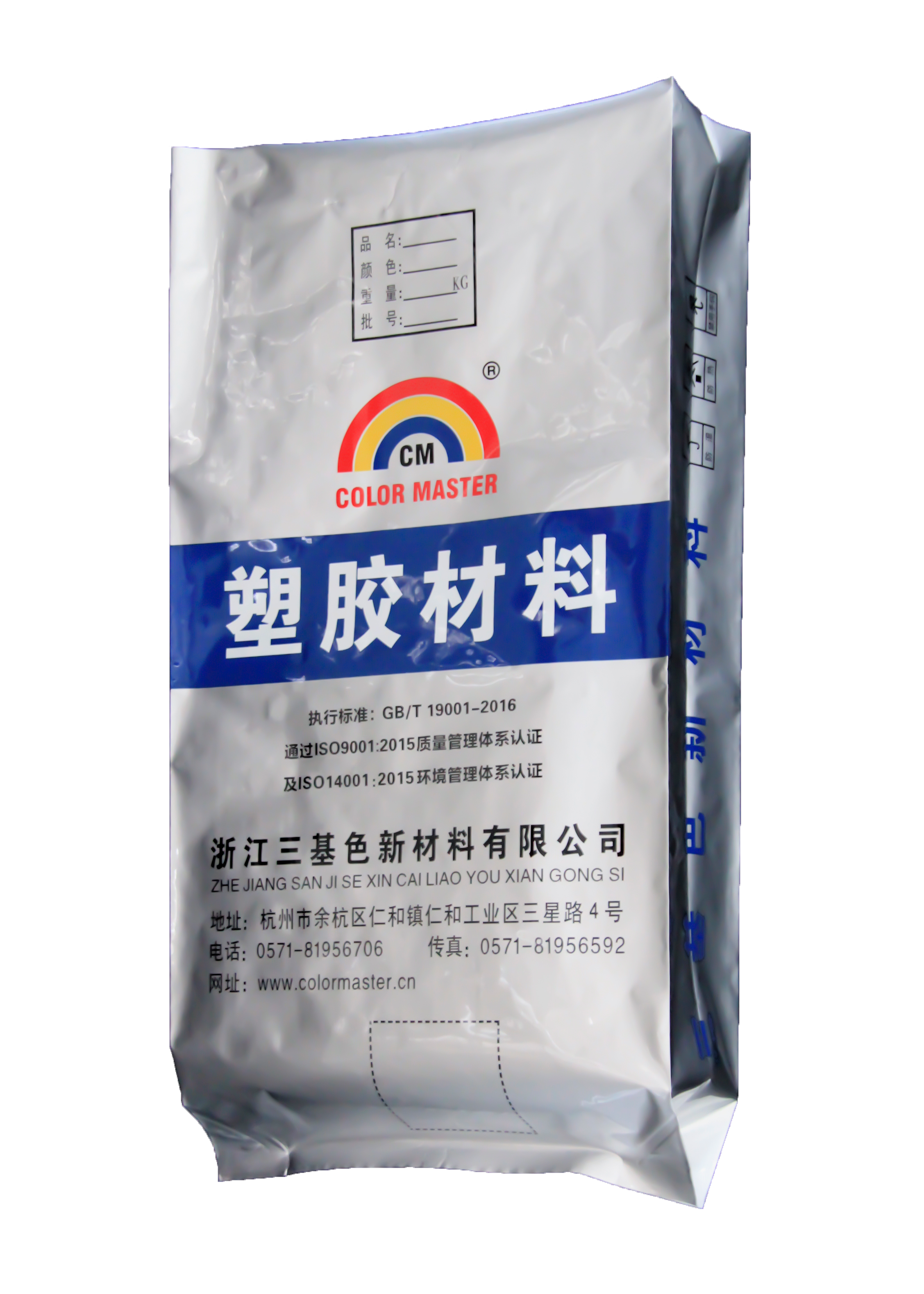
2025-02-05

2025-01-30
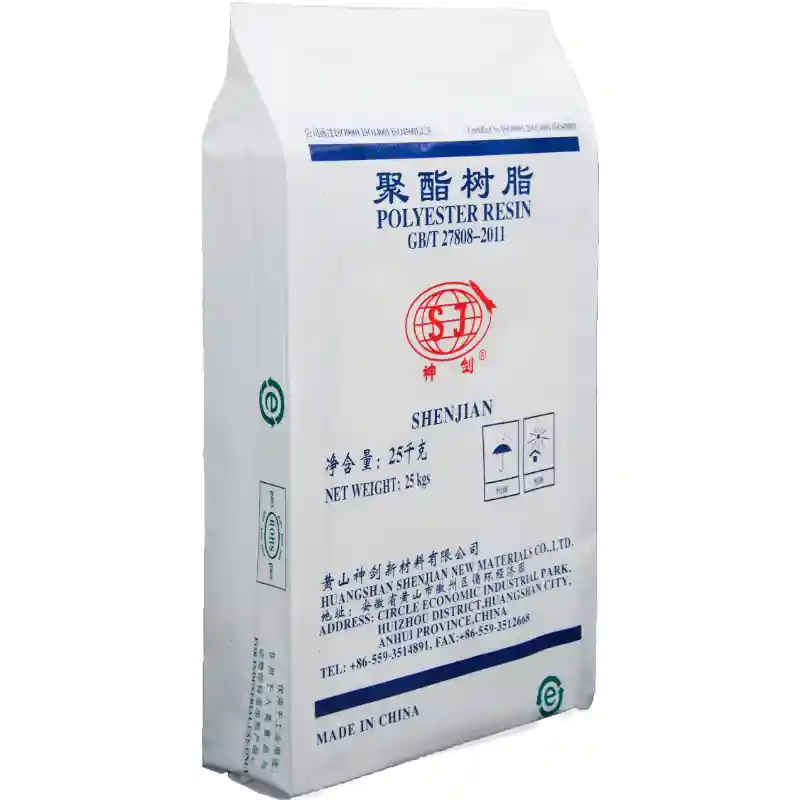
2025-01-25
